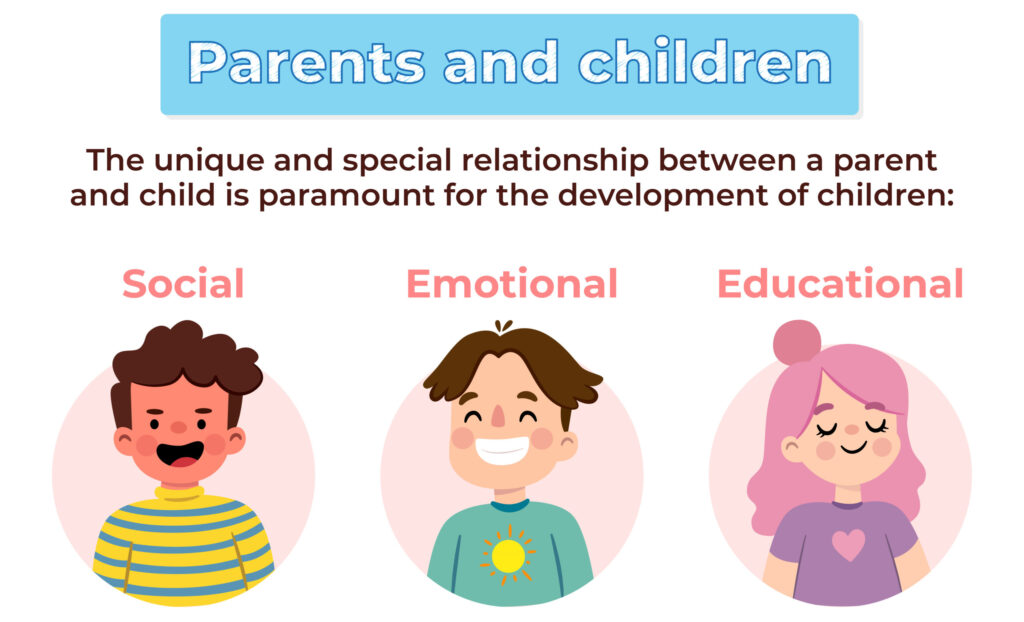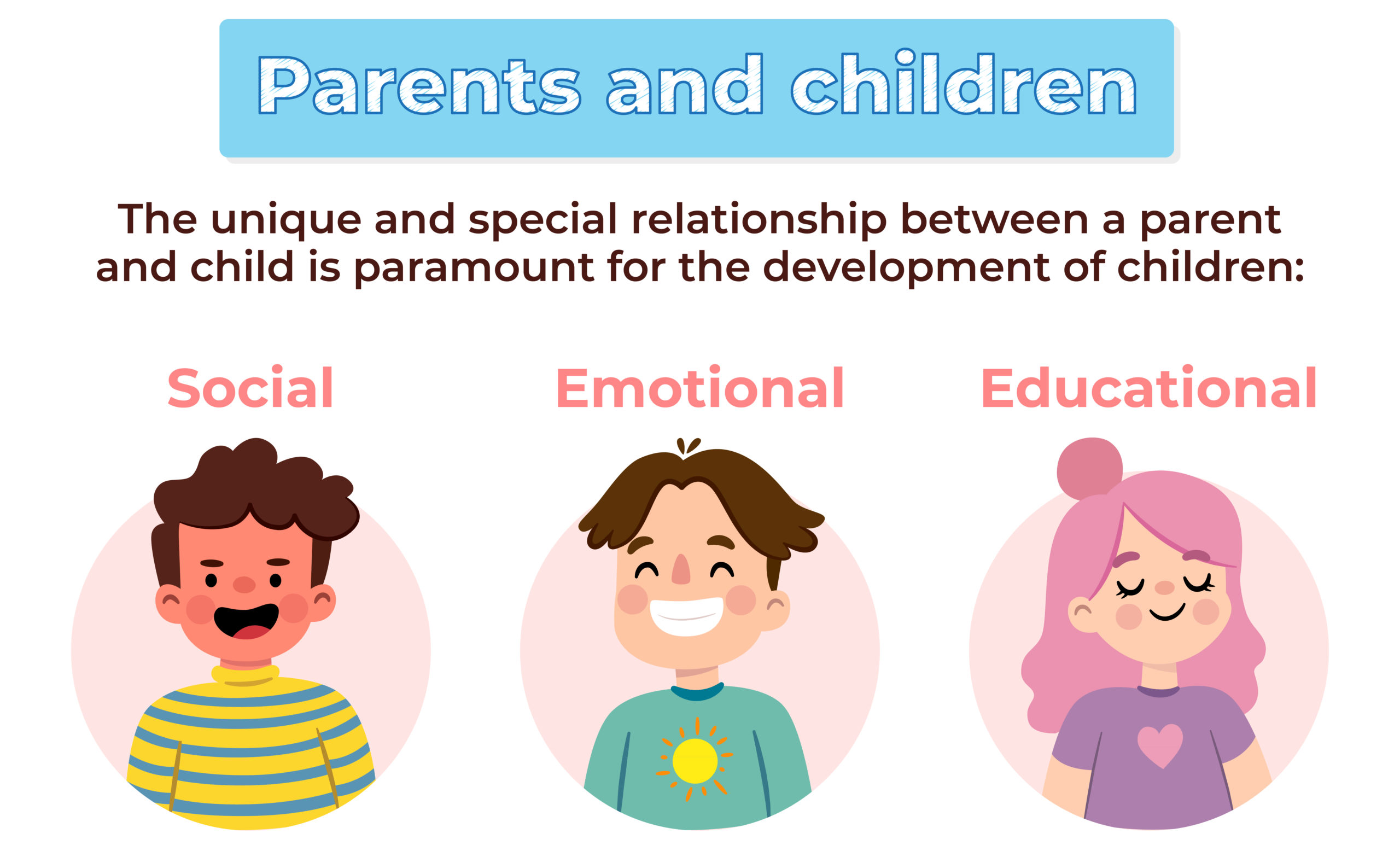
Which Growth Parent Are You? Understanding Parenting Styles and Their Impact
Parenting is a complex and multifaceted endeavor, with no one-size-fits-all approach. Understanding the different parenting styles and their potential impact on children is crucial for fostering healthy development and well-being. One helpful framework for understanding this is the concept of the “growth parent.” But **which growth parent** are you, and how does your approach influence your child’s journey?
This article delves into the various parenting styles, exploring their characteristics, strengths, and potential drawbacks. We’ll examine how these styles contribute to or hinder a child’s growth, resilience, and overall success. Understanding **which growth parent** resonates with your own approach is the first step towards conscious and effective parenting.
Defining Parenting Styles
Parenting styles are broadly categorized based on two key dimensions: responsiveness (warmth, support, and acceptance) and demandingness (control, expectations, and discipline). Combining these dimensions, psychologists have identified four primary parenting styles:
- Authoritative Parenting
- Authoritarian Parenting
- Permissive Parenting
- Uninvolved Parenting
Authoritative Parenting: The Gold Standard?
Authoritative parenting is often considered the most effective and balanced approach. Authoritative parents are high in both responsiveness and demandingness. They set clear expectations and rules, but they also provide warmth, support, and understanding. They listen to their children’s perspectives, encourage independence, and foster open communication. A key aspect of authoritative parenting is the focus on teaching children to regulate their own behavior rather than simply complying with rules out of fear of punishment.
Children raised by authoritative parents tend to be more confident, independent, and resilient. They often have higher self-esteem, better academic performance, and stronger social skills. They are also more likely to develop a strong sense of responsibility and self-discipline. This is often what people envision when they think about **which growth parent** they aspire to be.
Authoritarian Parenting: Strict Control and High Expectations
Authoritarian parents are high in demandingness but low in responsiveness. They emphasize obedience, discipline, and control. They set strict rules and expectations, often without explaining the reasoning behind them. They may use punishment and threats to enforce compliance and discourage independent thinking. “Because I said so” is a common phrase in the authoritarian household.
While children raised by authoritarian parents may be well-behaved and obedient, they may also experience anxiety, low self-esteem, and difficulty making independent decisions. They may be more prone to rebellion or resentment later in life. Understanding the potential downsides is crucial when considering **which growth parent** style is right for your family.
Permissive Parenting: Unconditional Love and Few Boundaries
Permissive parents are high in responsiveness but low in demandingness. They are warm, loving, and accepting, but they set few rules or boundaries. They may avoid confrontation and allow their children to do whatever they want. They often act more like friends than authority figures. While seemingly ideal for a child in the short term, there are long-term ramifications.
Children raised by permissive parents may be impulsive, lack self-control, and have difficulty following rules. They may also struggle with responsibility and have a sense of entitlement. They may also have difficulty with social skills and relationships, as they may not have learned how to respect boundaries or consider the needs of others. Determining **which growth parent** style you *don’t* want to be is just as important as determining the one you do.
Uninvolved Parenting: Neglect and Disengagement
Uninvolved parents are low in both responsiveness and demandingness. They are emotionally detached and provide little support or guidance. They may be neglectful or even abusive. They often have little interest in their children’s lives and fail to meet their basic needs. This is clearly not indicative of **which growth parent** one should strive to be.
Children raised by uninvolved parents are at risk for a wide range of problems, including academic failure, substance abuse, and mental health issues. They may struggle with attachment and have difficulty forming healthy relationships. This parenting style has the most detrimental impact on a child’s development.
The Concept of the “Growth Parent”
The term “growth parent” isn’t a formally defined psychological term, but it encapsulates the essence of parenting that fosters growth, resilience, and well-being in children. A growth parent embodies the principles of authoritative parenting while also adapting to the individual needs and circumstances of their child. They understand that parenting is a dynamic process that requires continuous learning and adaptation.
A growth parent focuses on:
- Building a Strong Parent-Child Relationship: Fostering trust, open communication, and mutual respect.
- Setting Clear Expectations and Boundaries: Providing structure and guidance while also allowing for autonomy and exploration.
- Promoting Self-Regulation and Responsibility: Teaching children how to manage their emotions, make responsible choices, and take ownership of their actions.
- Encouraging Growth and Resilience: Supporting children in taking risks, learning from mistakes, and developing a growth mindset.
- Providing Unconditional Love and Support: Accepting children for who they are and providing a safe and nurturing environment.
When considering **which growth parent** you are, it’s important to assess your strengths and weaknesses in each of these areas. No one is perfect, and striving for continuous improvement is key.
Identifying Your Parenting Style
Reflecting on your own parenting behaviors and beliefs is essential for understanding your current parenting style. Consider the following questions:
- How do you respond to your child’s emotions?
- How do you set rules and expectations?
- How do you discipline your child?
- How do you encourage independence and autonomy?
- How do you communicate with your child?
Answering these questions honestly can provide valuable insights into your parenting style and help you identify areas for improvement. You can also take online parenting style quizzes or consult with a parenting expert for further guidance. Understanding **which growth parent** style you currently exhibit is the first step to consciously shifting your approach.
The Impact of Parenting Styles on Child Development
Research consistently demonstrates the significant impact of parenting styles on child development. Authoritative parenting is associated with positive outcomes, while authoritarian, permissive, and uninvolved parenting styles are linked to various challenges. However, it’s important to note that parenting styles are not the sole determinant of a child’s success. Other factors, such as genetics, temperament, and environmental influences, also play a role.
Furthermore, cultural context can influence the effectiveness of different parenting styles. What works well in one culture may not be appropriate or effective in another. It’s crucial to consider the cultural norms and values when evaluating parenting practices. Therefore, when contemplating **which growth parent** style to embody, cultural sensitivity is paramount.
Moving Towards a Growth-Oriented Approach
Regardless of your current parenting style, it’s always possible to move towards a more growth-oriented approach. This involves consciously cultivating the qualities of authoritative parenting and adapting them to your child’s individual needs. Here are some practical tips:
- Practice Active Listening: Pay attention to your child’s words and emotions, and try to understand their perspective.
- Set Clear and Consistent Boundaries: Establish rules and expectations that are reasonable and age-appropriate.
- Explain the Reasoning Behind Rules: Help your child understand why rules are important and how they contribute to their well-being.
- Encourage Independence and Autonomy: Allow your child to make choices and take risks, while providing support and guidance.
- Focus on Positive Reinforcement: Praise and reward your child’s positive behaviors, rather than focusing solely on punishment.
- Model Healthy Behavior: Be a role model for your child by demonstrating the qualities you want them to develop, such as responsibility, respect, and resilience.
- Seek Support When Needed: Don’t be afraid to ask for help from family, friends, or professionals.
Remember that parenting is a journey, not a destination. There will be ups and downs, successes and failures. The key is to learn from your mistakes, adapt to your child’s evolving needs, and strive to create a supportive and nurturing environment where they can thrive. Knowing **which growth parent** you are today allows you to consciously evolve into the parent you want to be tomorrow.
Conclusion: Embracing the Journey of Growth Parenting
Understanding the different parenting styles and their impact on child development is crucial for effective parenting. The concept of the “growth parent” emphasizes the importance of fostering growth, resilience, and well-being in children through a balanced and responsive approach. By reflecting on your own parenting behaviors, identifying areas for improvement, and consciously cultivating the qualities of authoritative parenting, you can create a nurturing environment where your child can thrive. Ultimately, determining **which growth parent** you are is a continuous process of self-reflection and adaptation, allowing you to better support your child’s journey towards becoming a well-adjusted and successful individual.
[See also: Positive Discipline Techniques]
[See also: Building Resilience in Children]
[See also: The Importance of Communication in Parenting]

